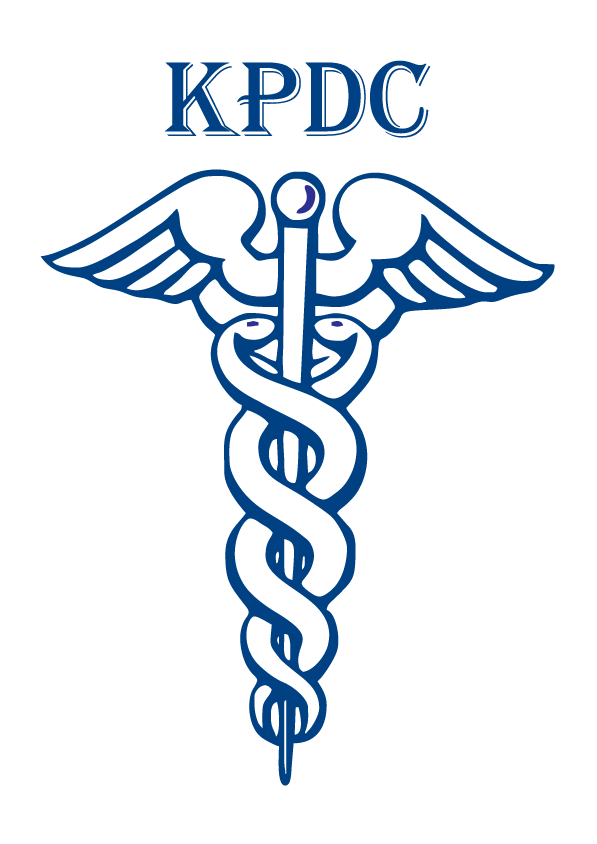Headache
Headaches, migraines, and epilepsy are all neurological conditions that can affect the brain and cause various symptoms. While they are distinct conditions, they share some common features and can sometimes be related. Here's an overview of each condition:
Headache:
- Description: Headache is a common neurological symptom characterized by pain or discomfort in the head or neck region.
- Types: There are several types of headaches, including tension-type headaches, migraines, cluster headaches, and more. They can vary in intensity, duration, and underlying causes.
- Causes: Headaches can result from various factors, such as stress, muscle tension, sinus congestion, medication overuse, or underlying medical conditions.
- Treatment: Treatment depends on the type and cause of the headache and may include lifestyle modifications, over-the-counter or prescription medications, relaxation techniques, and addressing underlying health issues.
Migraines:
- Description: Migraines are a specific type of headache characterized by severe, often one-sided throbbing pain. They are typically accompanied by other symptoms, such as nausea, vomiting, sensitivity to light and sound, and aura (visual disturbances).
- Causes: The exact cause of migraines is not fully understood, but genetics, changes in brain chemicals, and triggers (e.g., certain foods, stress, hormonal changes) can contribute to their onset.
- Treatment: Migraine treatment includes acute relief medications (pain relievers, triptans), preventive medications for frequent or severe migraines, lifestyle changes, and identifying and avoiding triggers.


